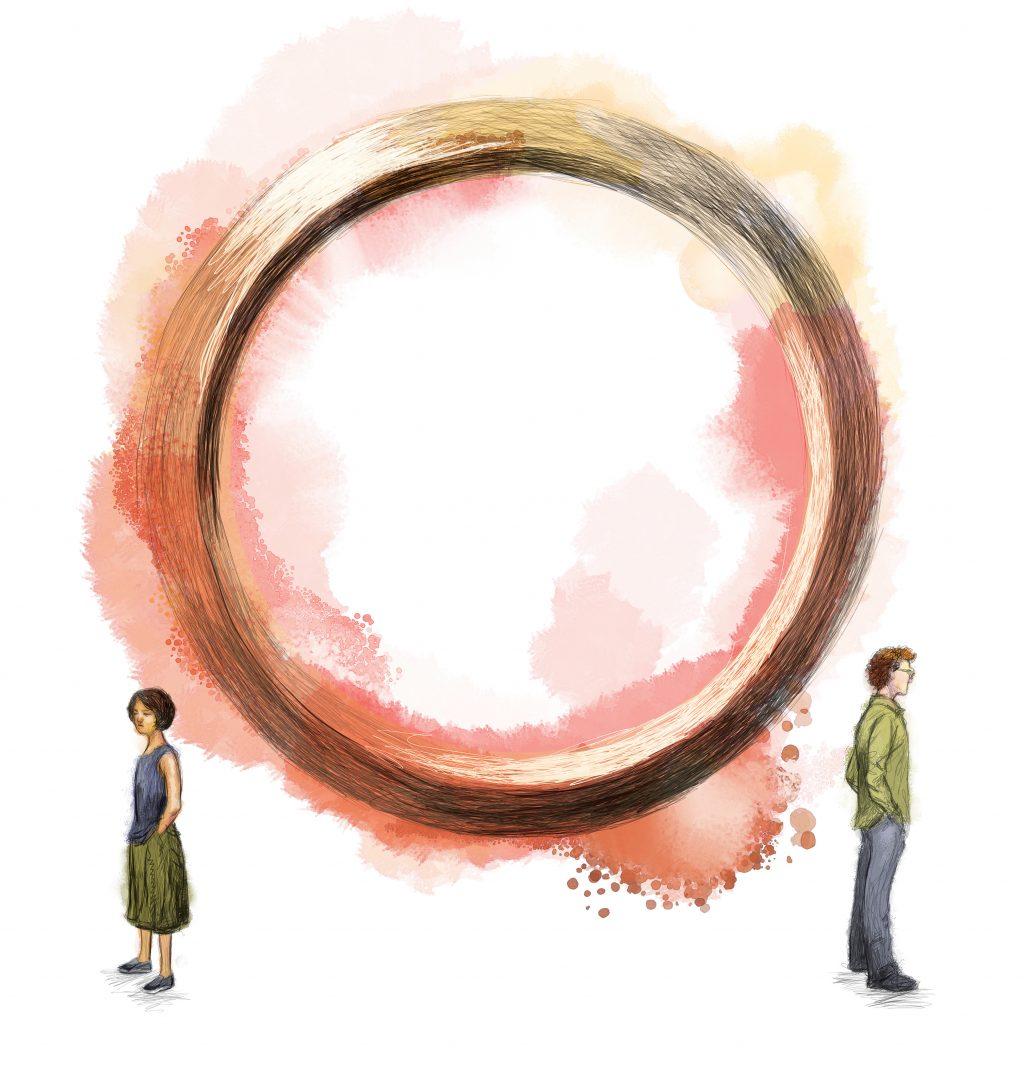When I learned the meaning of setting boundaries, life opened for me in a whole new way. Growing up, I lacked the ability to be able to practice self-care and say the word, “NO.”
At 18 years old, I made the decision to put myself back into therapy. After a few sessions had gone by, my therapist asked me, “Why do you feel an obligation to be the rescuer in your friends’ and family’s lives?” It was a question I had never been asked — something I never even realized I did until she pointed it out to me.
Often when playing the role of being the rescuer in everyone’s life, I got so caught up trying to fix someone else that I lost my own identity in the process.
I remember being someone that never allowed myself to decline invitations because I was afraid of hurting other people. I was someone who would be there for my friends no matter the situation or where my current state of mind was. I wanted to say, “No.” I didn’t know how.
Being the friend who never says no, even when they want to, can begin to become more damaging than you think. Over time and through the practice of self-care, I learned that if you do not practice setting boundaries with people in your life, there is a high chance you have been or will be taken advantage of.
If you are someone like me who fears losing people if you say no to an invitation, let me reassure you that it is OK to feel this way. Validate your feelings, allow yourself to feel them. But when you solve for a feeling, you must learn to solve for the problem in the process. If you are too tired to go hang out after work, it is OK to go home and watch Netflix in bed and do nothing. If your friend is calling you with boy drama and you are in the middle of doing your homework, it is OK to say, “No.”
Saying no does not make you a bad person or seem that you are not sympathetic. It can be something as simple as: “Hey, I am really sorry to hear that is going on right now, but I’m actually in the middle of my homework. Can I call you tomorrow?” That simple. Not dismissing the problem, but handling it when you feel you are mentally in a space to talk. That in my personal experience is how you set boundaries.
Sometimes, when we assert our boundaries, we may not get the reaction we are intending. However, that in itself is the valuable lesson. People who care about you will be willing to accept your boundaries, or at least try to understand them.
Growing up, I was repeatedly told, “Family always comes first, and you do anything for family.” However, when you come from a toxic family, sometimes a rule like that does not apply. If you have an emotionally abusive parent, let me reassure you, you do not have to deal with their toxic situations if you do not not want to.
The reality is, no problem or situation that the people you love is in your control. You are not in control of anyone’s emotions nor their actions. Being the rescuer in someone’s life is avoiding the need to fix your own. Do not fix someone else’s life, fix your own.
Take care of yourself with no remorse because the relationship you have with yourself, is the most important one.




